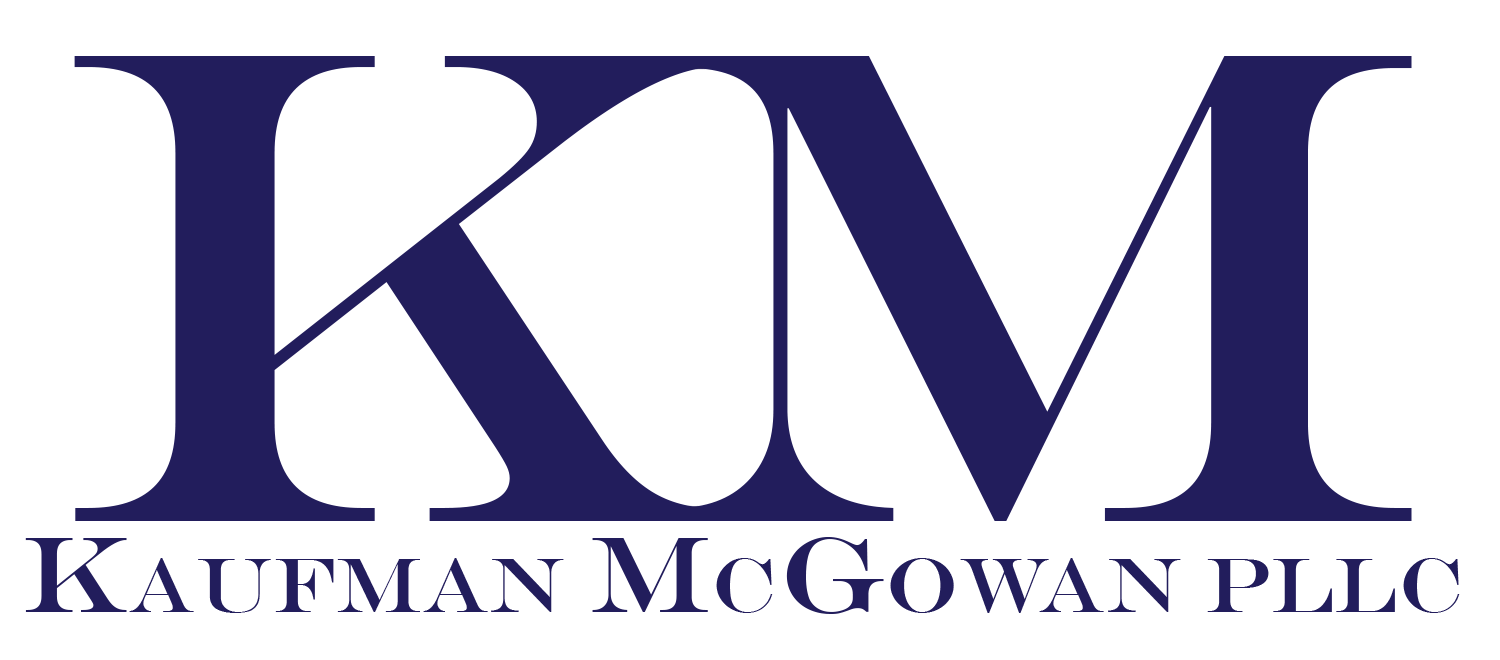By: David Winzelberg (Reporter at Long Island Business News) August 3, 2022
Link to original article: Click here to view.
Picture above: Joe Camberato/ Courtesy of National Business Capital
Prospective cannabis entrepreneurs attending this month’s Hampton Cannabis Expo will be seeking guidance from a slew of business professionals on navigating the fast-growing but challenging new industry.
A few exhibitors at the event, scheduled for August 19 through 21 at The Clubhouse in East Hampton, will be able to offer help on how to secure financing, one of the most difficult obstacles faced by cannabis businesses.
Most banks and other traditional sources of financing won’t lend money to cannabis companies for a number of reasons, not the least being that cannabis is still illegal on the federal level. So businesses in the sector usually have to rely on private equity and hard money lenders if they need capital for equipment or day-to-day operations.
Hauppauge-based National Business Capital, which will be exhibiting at the Hampton expo, has been securing funding for cannabis businesses across the country over the last several years.
“There’s no real bank financing out there, so there’s a lot of private lending that goes on in the space,” says Joe Camberato, founder and CEO of National Business Capital. “There are still limited lenders, but we have been able to help cannabis companies access capital and finance equipment.”
And while many cannabis businesses can borrow money from companies like NBC, it’s a lot more expensive compared with loans provided to non-cannabis businesses.
For most companies seeking financing for equipment, the interest rates range from 5 percent to 8 percent, according to Camberato. However, the rates for cannabis businesses can be as high as three times the regular rates for financing equipment, ranging from 12 percent to 18 percent.
The same applies when it comes to borrowing rates for working capital, where non-cannabis businesses can get bank financing for about 6 percent these days and private lending rates for working capital for cannabis businesses range from 15 percent to 18 percent.
But Camberato points out that alternative sources of capital can cost even more in the long run.
“The only funding that was out there was private equity funding, and if you have an established business, it’s still a lot cheaper than giving up equity,” he said.
Another exhibitor at the Hampton expo, the Hauppauge-based Kaufman McGowan law firm, has worked on several secured-lending deals for cannabis companies. Attorney Neil Kaufman, the firm’s founder and managing partner, says there are challenges for banks and other debt lenders in making loans to cannabis companies.
“The inventory collateral is not really useful as collateral for lending purposes, because you have to have a license in order to sell that collateral,” Kaufman said. “So even if your debtor defaults and you foreclose, the collateral is useless in your hands. It’s even illegal for you to take possession of it. That is a major impediment for banks lending to cannabis companies, because banks like to be fully collateralized.”
Still, Kaufman said there are many hedge-fund-type lenders to cannabis companies that have sprung up, primarily coming out of the distressed debt lending world, where the cost of the debt is significantly higher.
“A lot of cannabis companies are not really making a lot of money and don’t have much in the way of positive cash flow, even when they have positive EBITDA, because that’s not nearly an accurate measurement for cash flow for cannabis companies as it is for non-cannabis companies,” he said. “These companies are just inherently weaker financially, because of the tax burden on them and they have weaker collateral packages. As a result, when you factor all these things in, from a lender’s standpoint you have to charge a higher rate of interest in order to justify the higher risk. That’s why I think we’ve seen a lot of distressed lenders get into this more because they’re accustomed to taking risk.”
NBC has secured loans to cannabis companies for $50,000 to as much as $2 million.
“We’ve probably seen requests for cannabis lending grow 10 to 20 percent year over year,” Camberato said. “More and more companies are reaching out.”
While Camberato’s firm typically focuses on customers already doing $500,000 to $30 million a year in revenue, new cannabis entrepreneurs looking for seed money wouldn’t qualify. However, the hundreds of cannabis startups poised to open in New York in the next year or so may be able to find funding from the state.
“The state has established a $200 million debt fund that they’re planning to make available to these new licensees,” Kaufman said. “They’re planning to lend money to them at 8 percent interest on a non-recourse basis. It’s very reasonable and with no personal liability to the business owners. That’s going to be a great thing.”
ATTORNEY ADVERTISING

